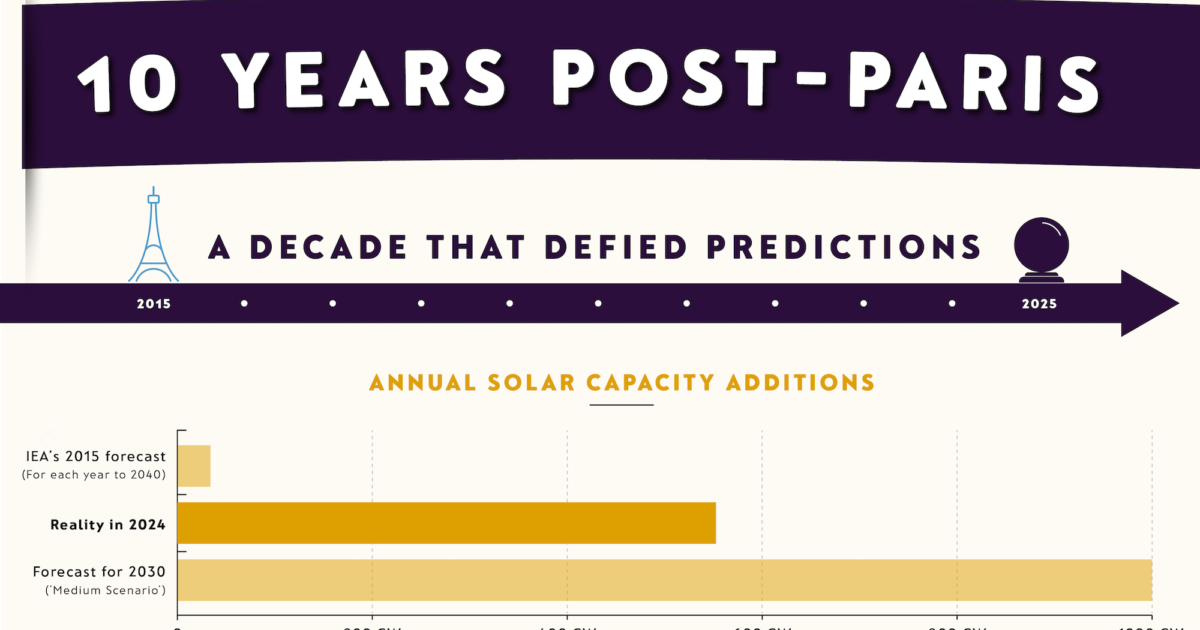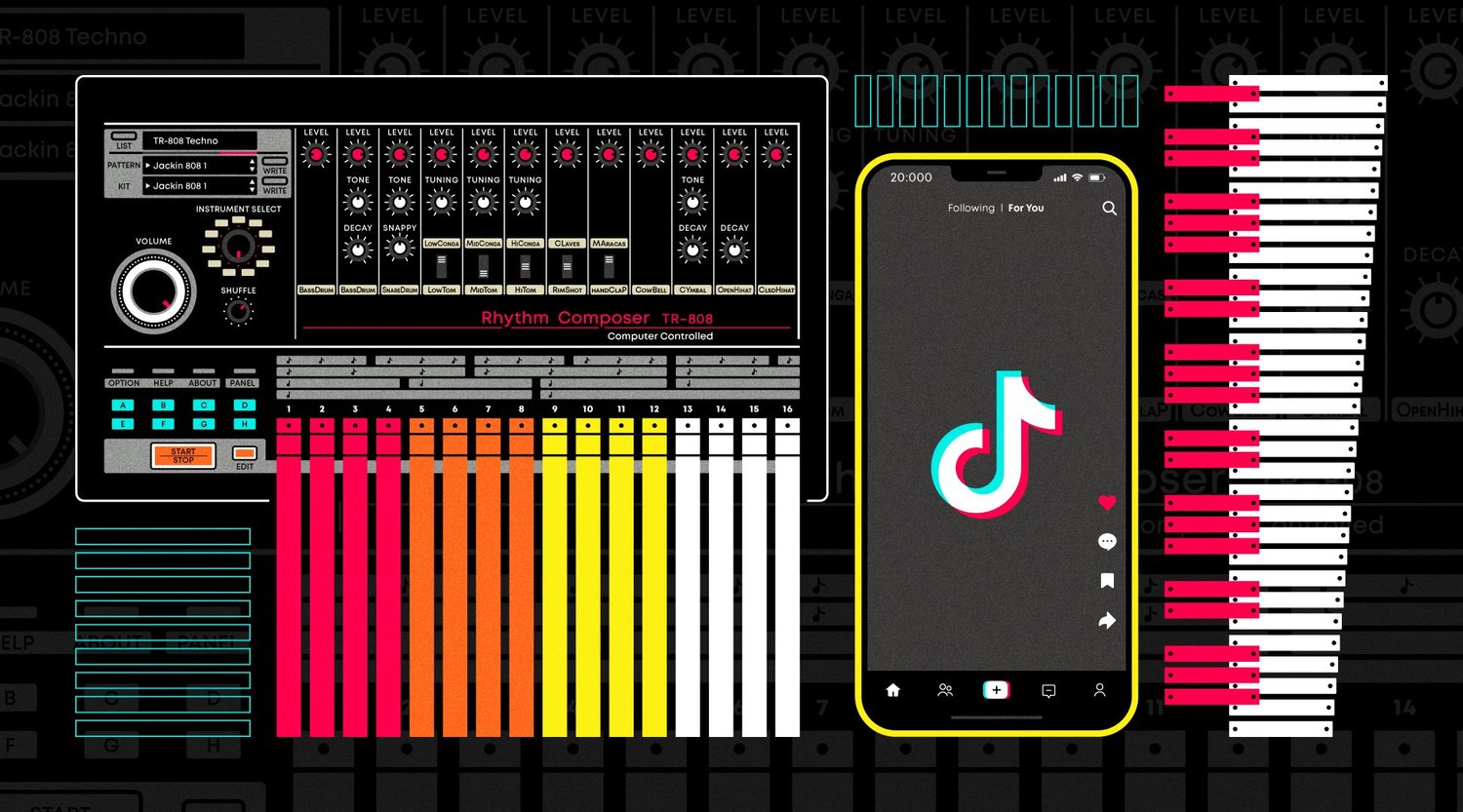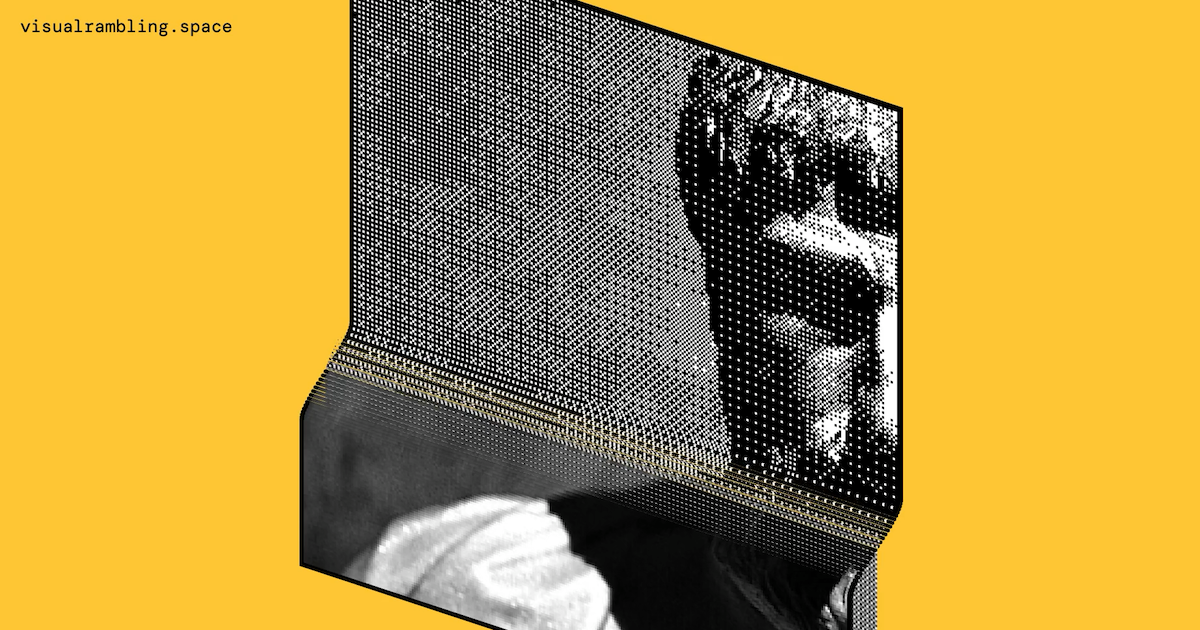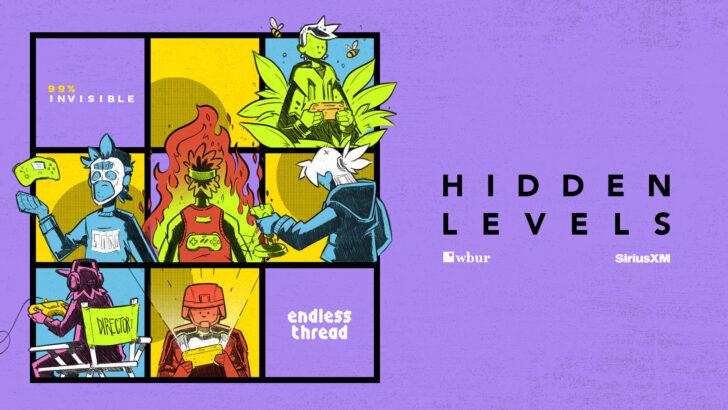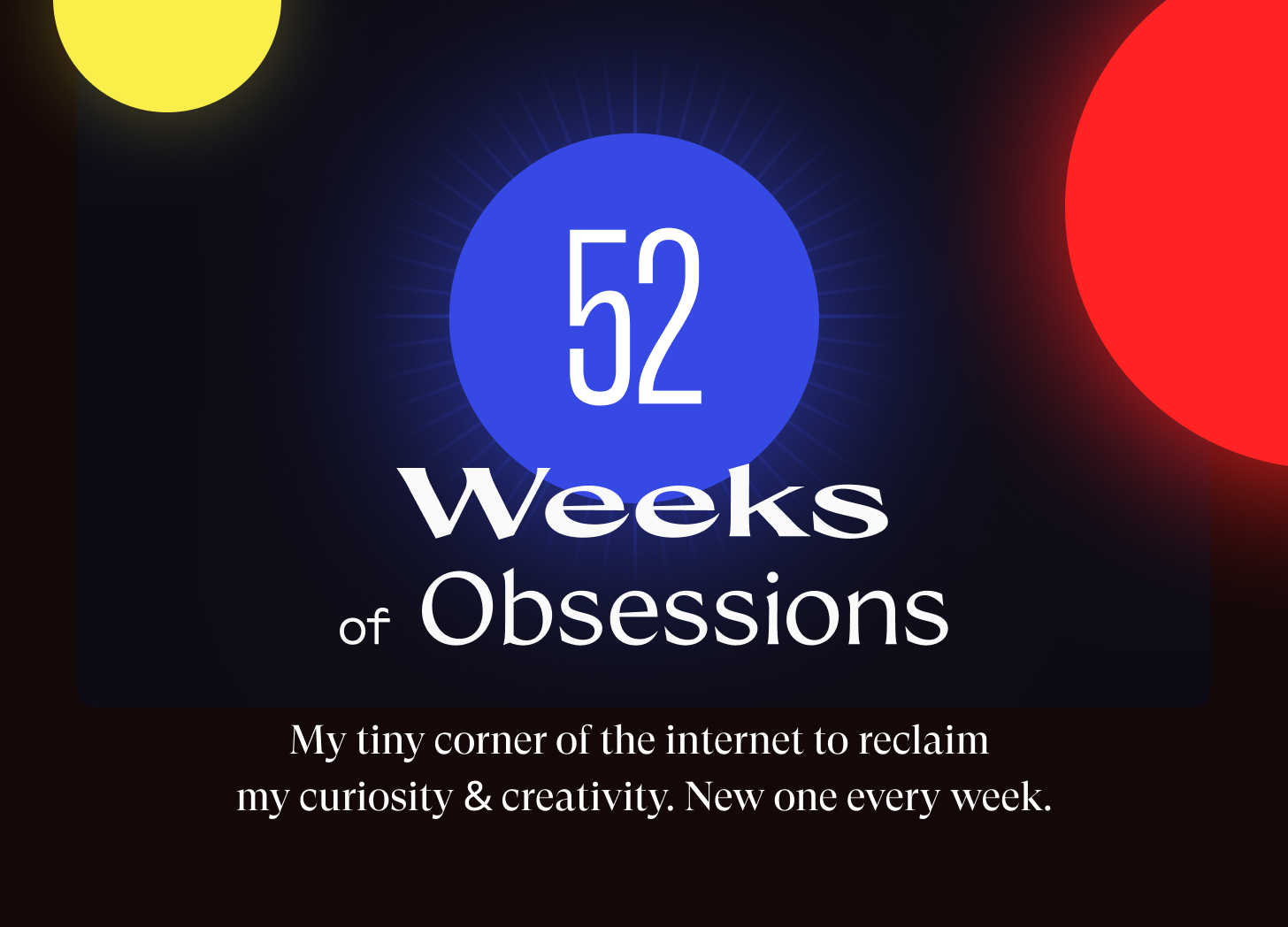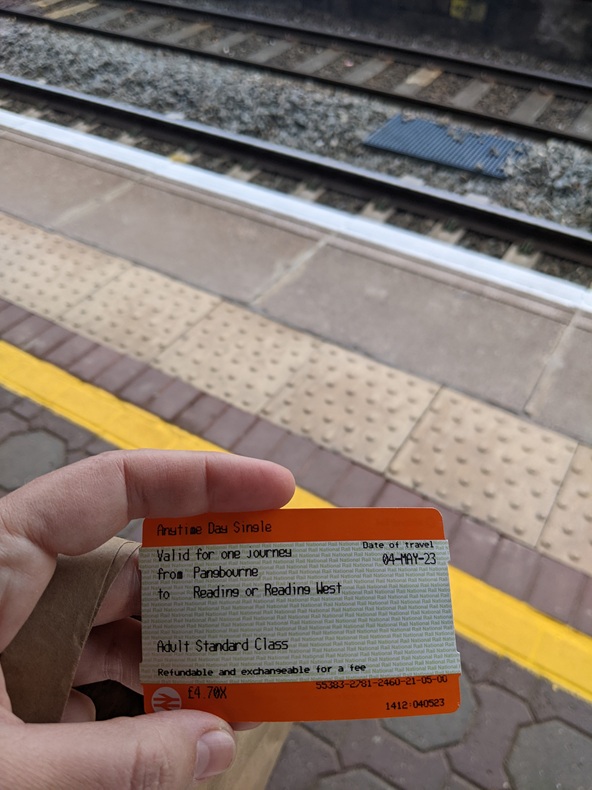Nothing matters more than what you pay attention to.
Welcome to my little corner of the internet. I'm David, a journalist and a curious generalist.
The Weekly Filet is my humble part in the necessary rebellion against the enshittification of the greatest information ecosystem we've ever had.
We live in an age where trustworthy and substantial information is hard to come by.
- Sloppy AI content is flooding the zone.
- Autocrats and their billionaire friends attack free speech and undermine any sense of shared reality.
- Entertainment is where the money flows, while serious news organisations and journalists struggle.
If we don't actively resist, all of this is imposed on us through hyperpersonalised, superaddictive feeds.
They are convenient. And they work so well because they show you what you already like, confirm what you already believe, and get you enraged about what you're convinced is wrong.
Real value, though, comes from things that make you pause. That invite you to take a different perspective. That make you rethink.
That pause and the brief moment of reflection is a win in itself, always. Sometimes, though, it's the seed that grows into something bigger. Changes in how you see the world and how you choose to act often start with that one irritation: Huh, I never thought of it that way!
It comes down to this: Nothing matters more than what you pay attention to. Where you invest your time, what you open your heart and your mind to.
The Weekly Filet is all about mindful attention.
To what really matters. To what truly moves you. And to people who inspire.
I will be there, by your side, trying to be a helpful guide in this endeavour.
Join the rebellion. And get your weekly dose of «Huh, I never thought of it this way!» moments.



